
Charles Eric Leiserson is a computer scientist and professor at Massachusetts Institute of Technology (M.I.T.). He specializes in the theory of parallel computing and distributed computing.
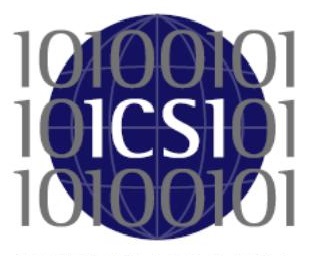
The International Computer Science Institute (ICSI) is an independent, non-profit research organization located in Berkeley, California, United States. Since its founding in 1988, ICSI has maintained an affiliation agreement with the University of California, Berkeley, where several of its members hold faculty appointments.
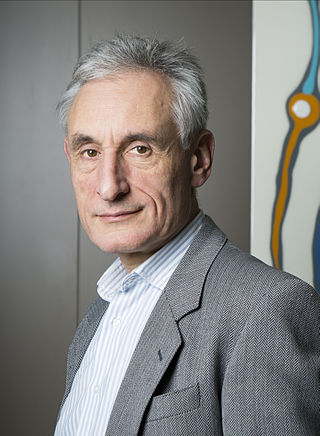
Andrew Blake FREng, FRS, is a British scientist, former laboratory director of Microsoft Research Cambridge and Microsoft Distinguished Scientist, former director of the Alan Turing Institute, Chair of the Samsung AI Centre in Cambridge, honorary professor at the University of Cambridge, Fellow of Clare Hall, Cambridge, and a leading researcher in computer vision.

Justine M. Cassell is an American professor and researcher interested in human-human conversation, human-computer interaction, and storytelling. Since August 2010, she has been on the faculty of the Carnegie Mellon Human Computer Interaction Institute (HCII) and the Language Technologies Institute, with courtesy appointments in Psychology, and the Center for Neural Bases of Cognition. Cassell has served as the chair of the HCII, as associate vice-provost, and as Associate Dean of Technology Strategy and Impact for the School of Computer Science. She currently divides her time between Carnegie Mellon, where she now holds the Dean's Professorship in Language Technologies, and PRAIRIE, the Paris Institute on Interdisciplinary Research in AI, where she also holds the position of senior researcher at Inria Paris.

Xuedong David Huang is a Chinese American computer scientist and technology executive who has made contributions to spoken language processing and artificial intelligence, including Azure AI Services. He is Zoom's chief technology officer after serving as Microsoft's Technical Fellow and Azure AI Chief Technology Officer for 30 years. Huang is a strong advocate of AI for Accessibility, and AI for Cultural Heritage.

Alexander Waibel is a professor of Computer Science at Carnegie Mellon University and Karlsruhe Institute of Technology (KIT). Waibel’s research focuses on automatic speech recognition, translation and human-machine interaction. His work has introduced cross-lingual communication systems, such as consecutive and simultaneous interpreting systems on a variety of platforms. In fundamental research on machine learning, he is known for the Time Delay Neural Network (TDNN), the first Convolutional Neural Network (CNN) trained by gradient descent, using backpropagation. Alex Waibel introduced the TDNN in 1987 at ATR in Japan.
Nelson Harold Morgan is an American computer scientist and professor in residence (emeritus) of electrical engineering and computer science at the University of California, Berkeley. Morgan is the co-inventor of the Relative Spectral (RASTA) approach to speech signal processing, first described in a technical report published in 1991.
Victor Waito Zue is a Chinese American computer scientist and professor at Massachusetts Institute of Technology.

Shrikanth Narayanan is an Indian-American Professor at the University of Southern California. He is an interdisciplinary engineer–scientist with a focus on human-centered signal processing and machine intelligence with speech and spoken language processing at its core. A prolific award-winning researcher, educator, and inventor, with hundreds of publications and a number of acclaimed patents to his credit, he has pioneered several research areas including in computational speech science, speech and human language technologies, audio, music and multimedia engineering, human sensing and imaging technologies, emotions research and affective computing, behavioral signal processing, and computational media intelligence. His technical contributions cover a range of applications including in defense, security, health, education, media, and the arts. His contributions continue to impact numerous domains including in human health, national defense/intelligence, and the media arts including in using technologies that facilitate awareness and support of diversity and inclusion. His award-winning patents have contributed to the proliferation of speech technologies on the cloud and on mobile devices and in enabling novel emotion-aware artificial intelligence technologies.
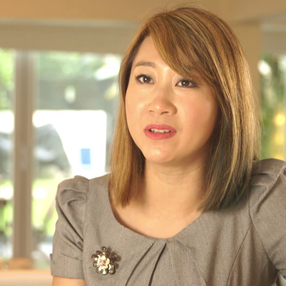
Pascale Fung (馮雁) is a professor in the Department of Electronic & Computer Engineering and the Department of Computer Science & Engineering at the Hong Kong University of Science & Technology(HKUST). She is the director of the Centre for AI Research (CAiRE) at HKUST. She is an elected Fellow of the Institute of Electrical and Electronics Engineers (IEEE) for her “contributions to human-machine interactions”, an elected Fellow of the International Speech Communication Association for “fundamental contributions to the interdisciplinary area of spoken language human-machine interactions” and an elected Fellow of the Association for Computational Linguistics (ACL) for her “significant contributions toward statistical NLP, comparable corpora, and building intelligent systems that can understand and empathize with humans”.
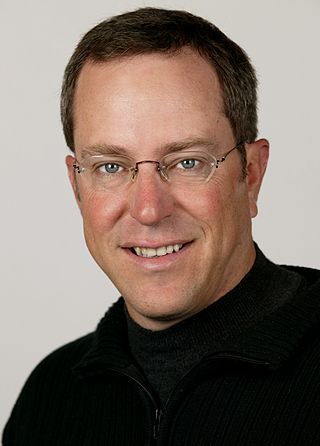
Larry Paul Heck is the Rhesa Screven Farmer, Jr., Advanced Computing Concepts Chair, Georgia Research Alliance Eminent Scholar, Chief Scientist of the AI Hub, Executive Director of the Machine Learning Center, and Professor at the Georgia Institute of Technology. His career spans many of the sub-disciplines of artificial intelligence, including conversational AI, speech recognition and speaker recognition, natural language processing, web search, online advertising and acoustics. He is best known for his role as a co-founder of the Microsoft] Cortana] Personal Assistant and his early work in deep learning] for speech processing.

Stephen John Young is a British researcher, Professor of Information Engineering at the University of Cambridge and an entrepreneur. He is one of the pioneers of automated speech recognition and statistical spoken dialogue systems. He served as the Senior Pro-Vice-Chancellor of the University of Cambridge from 2009 to 2015, responsible for planning and resources. From 2015 to 2019, he held a joint appointment between his professorship at Cambridge and Apple, where he was a senior member of the Siri development team.

John Makhoul is a Lebanese-American computer scientist who works in the field of speech and language processing. Dr. Makhoul's work on linear predictive coding was used in the establishment of the Network Voice Protocol, which enabled the transmission of speech signals over the ARPANET. Makhoul is recognized in the field for his vital role in the areas of speech and language processing, including speech analysis, speech coding, speech recognition and speech understanding. He has made a number of significant contributions to the mathematical modeling of speech signals, including his work on linear prediction, and vector quantization. His patented work on the direct application of speech recognition techniques for accurate, language-independent optical character recognition (OCR) has had a dramatic impact on the ability to create OCR systems in multiple languages relatively quickly.
Mari Ostendorf is a professor of electrical engineering in the area of speech and language technology and the vice provost for research at the University of Washington.
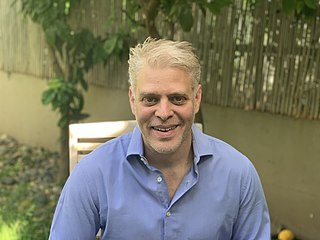
Joseph (Yossi) Keshet is an Israeli professor in the Electrical and Computer Engineering Faculty of the Technion.
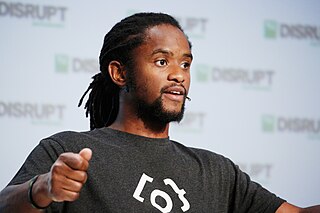
Jason O. Mars is an American computer scientist, author, and entrepreneur. He is best known for his research into computer architecture and artificial intelligence, particularly in the design and deployment of conversational AI. The best-selling author of Breaking Bots: Inventing a New Voice in the AI Revolution, he has been involved in multiple AI initiatives and startups over the course of his career, including ZeroShotBot, Jaseci, Clinc, Myca, and ImpactfulAI.
Lori Faith Lamel is a speech processing researcher known for her work with the TIMIT corpus of American English speech and for her work on voice activity detection, speaker recognition, and other non-linguistic inferences from speech signals. She works for the French National Centre for Scientific Research (CNRS) as a senior research scientist in the Spoken Language Processing Group of the Laboratoire d'Informatique pour la Mécanique et les Sciences de l'Ingénieur.
Ramalingam "Rama" Chellappa is a Bloomberg Distinguished Professor, who works at Johns Hopkins University. At Johns Hopkins University, he is a member of the Center for Language and Speech Processing, the Center for Imaging Science, the Institute for Assured Autonomy, and the Mathematical Institute for Data Sciences. He joined Johns Hopkins University after 29 years at The University of Maryland. Before that, he was an assistant, associate professor, and later, director, of the University of Southern California's Signal and Image Processing institute.
Chin-Hui Lee is an information scientist, best known for his work in speech recognition, speaker recognition and acoustic signal processing. He joined Georgia Institute of Technology in 2002 as a professor in the school of electrical and computer engineering
Yang Liu is a Chinese and American computer scientist specializing in speech processing and natural language processing, and a senior principal scientist for Amazon.













